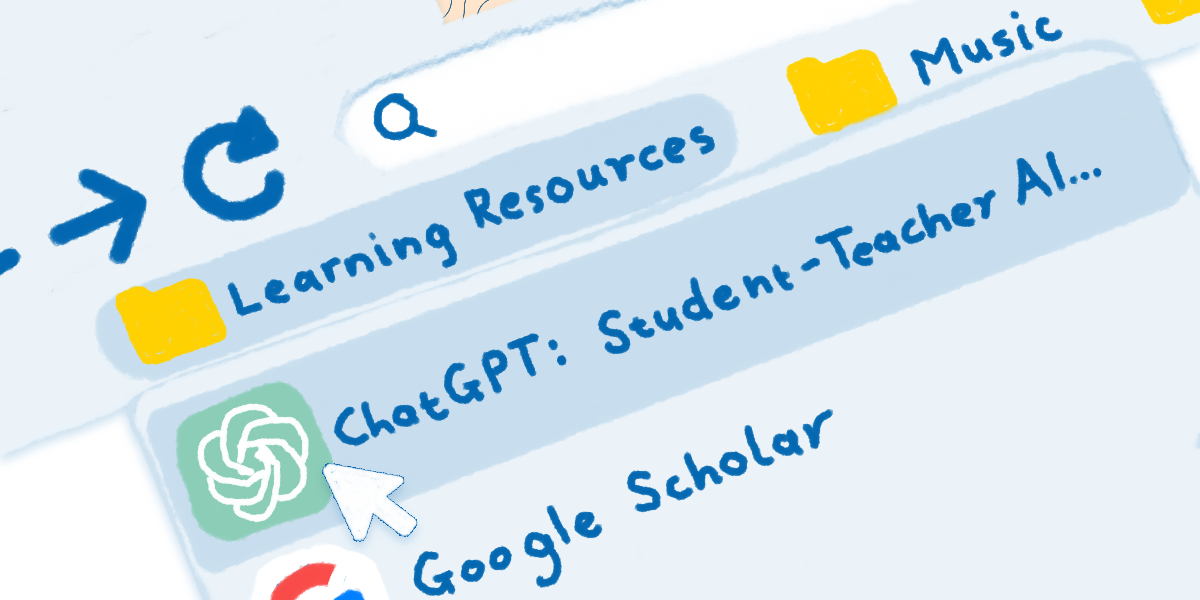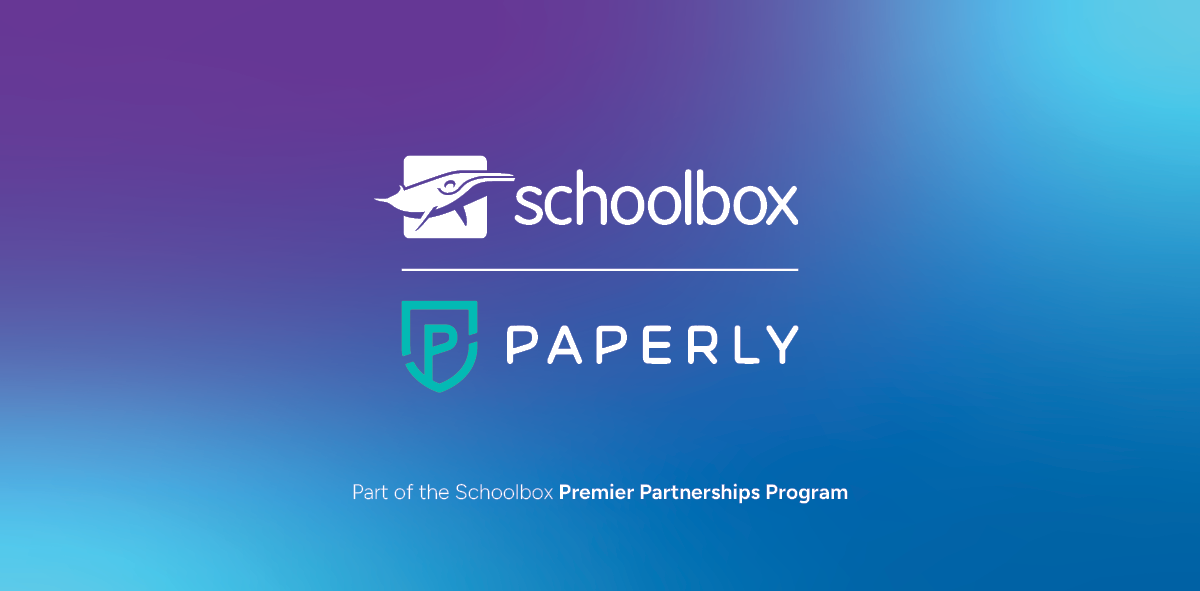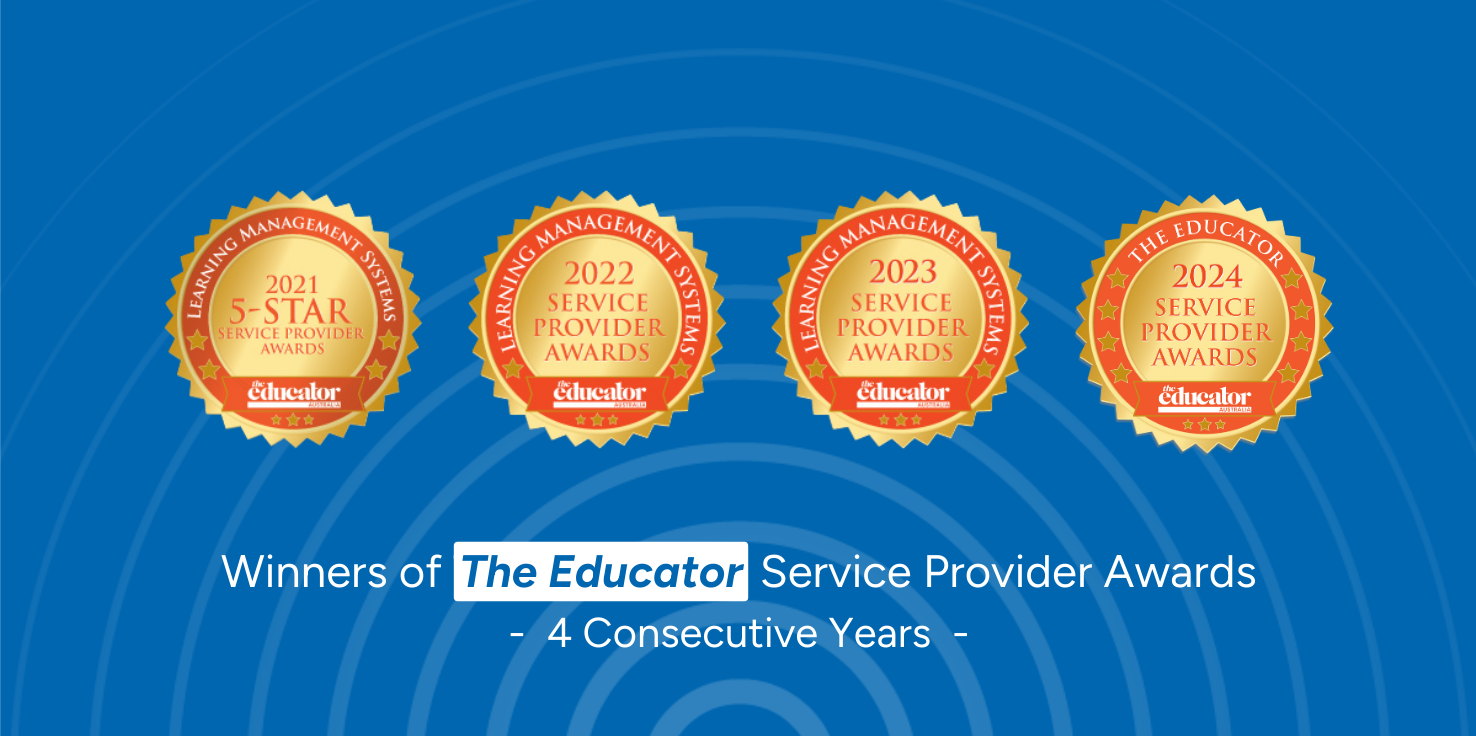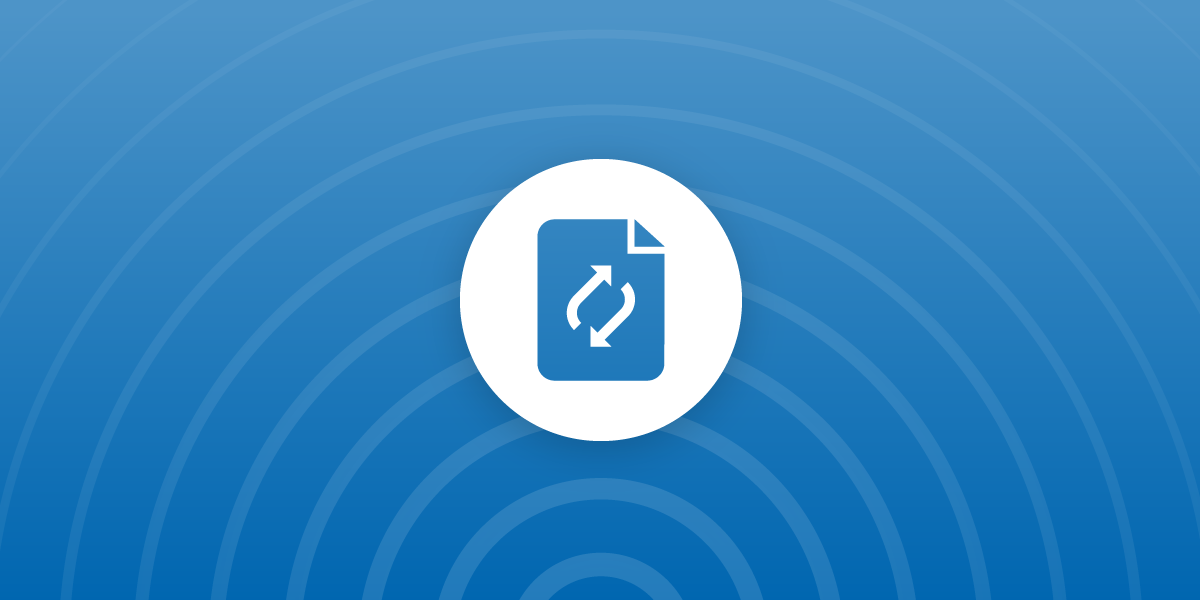You may have been hearing about ChatGPT lately, and what it can do. As a language prediction model, ChatGPT works by receiving a request and returning what it predicts will be the most useful result. Requiring only a small amount of text to be entered, ChatGPT can then generate anything from music and recipes, to blog articles and essays.
We sat down with Schoolbox Chief Product Owner James Leckie, who shared his thoughts on what ChatGPT means for schools.
“I am excited about the possibilities ChatGPT opens up for learning going forward. That said, with language learning models such as GPT-3, it is becoming harder to distinguish between machine-generated content and that written by a human. Educators are now facing new challenges surrounding the plagiarism of assessments, with ChatGPT potentially enabling students to outsource their learning.
“Personally, I don’t believe this creates a problem we haven’t already seen. This was a problem when the encyclopaedia was developed, it was a problem when Google came out, it was a problem when Wikipedia became available. In STEM subjects we have seen similar problems, when the calculator was developed, then computers and more recently, programming.
“For me education has always been about learning skills, harnessing knowledge and applying it. It is not about the knowledge itself or the specific process by which the knowledge is acquired. But this certainly challenges many established assessment practices and curriculum which focus on the knowledge. The question is not what knowledge do you know (when you have all the knowledge of the world at your fingertips), but rather how do you validate, filter, prioritise and organise that knowledge so that you can use your skills to apply it effectively.”
What changes might we see?
As we all continue to explore the new age of AI, my thoughts are we will see more of the following:
- Project based learning (longer running activities)
- Flipped classrooms (study at home, activities in the classroom)
- Meta analysis of sources and knowledge (reference citations, authoritative sources, bias and opinions)
- Journaling, drafting and showing progression of understanding over time (show the working out / idea development)
- Analysis of current issues or how the topic is relevant in the current context
- Focus on the development of new knowledge (creative interpretations, stylistic or alternative perspectives)
It will also mean as history repeats there will be an increased pressure to focus on ‘exam’ conditions. I don’t necessarily believe that exam conditions are a good way to prepare students for the real world, but they are a normal response to increasingly available knowledge.
Where to next?
Areas where I think Schoolbox will be working in the future to address these challenges:
- Capturing of ‘evidence’ of learning (goals, learning moments)
- Project assessment (multiple stages of development)
- Team collaboration / assessment
- Exam conditions (quiz, browser lockdown)
- Analysis of contract cheating (to determine if this is the student’s original work)
Finally I think in the future it would be amazing to incorporate some form of GPT into Schoolbox via an assistant. Some ideas I would like to see this AI trained to do include:
- Support users to effectively use the product by answering how to questions
- Suggest appropriate resources to support a student during an activity
- Help teachers develop lesson plans and select resources for students at varying levels of capability and need.





